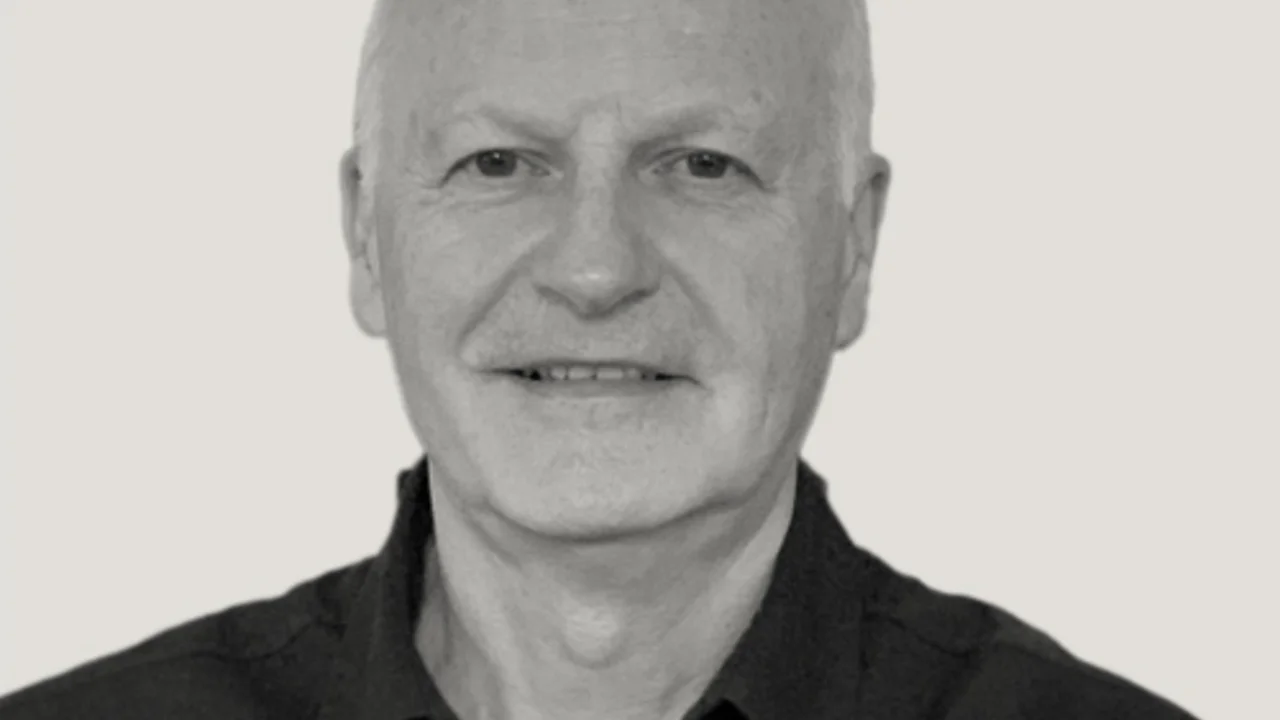Applications to the Longitude Prize on ALS are open until 3 December 2025.
The Longitude Prize on ALS would not be possible without the support of our international funders.
We recently spoke to Colin Reid, Trustee of the Alan Davidson Foundation – one of our UK-based funders. Among other things, Colin speaks about the charity’s changemaking mission, the value of innovation when it comes to solving complex challenges, and why the Longitude Prize on ALS is such an exciting opportunity for innovators across the globe.

What is the The Alan Davidson Foundation’s core ambition?
The Alan Davidson Foundation is committed to enabling medical research to understand and find an effective treatment for ALS, and is ambitious enough to hope that there is a future where ALS is preventable or curable. We welcome the innovation and creativity that the Prize represents, as it reflects our own principles that we apply to our support of originality and progress in architecture and the arts.
Is there any advice that you would offer to innovators thinking about applying to the Prize?
ALS is hugely complex – and it requires breadth, depth and diversity of effort from many sources in order to tackle it effectively. Ideas and contributions that may seem unconventional or unlikely are naturally part of a truly collaborative process, so potential innovators should have the courage to come forward, as many breakthroughs can begin as implausible notions.
Even if you don’t win, the knowledge and tools you generate could still benefit ALS research after the Prize ends, with your work being a vital contribution to a shared body of ALS knowledge. Against this backdrop are real people and their families living with ALS, each of whom will care about and draw comfort from the work of all the participants. This will add something more meaningful to the work itself, and provide an opportunity to serve the people at the heart of this project.
The Longitude Prize on ALS is a challenge prize: a prize format that supports open innovation with a level playing field for innovators. Why is innovation so key to solving some of the world’s most pressing challenges?
The approach to many of the world’s problems has too often centred on conventional, narrowly-structured, and incremental processes that cannot match the complexity and rate of change of the problems at hand. Open innovation invites not just experts, but also those from other sectors that may see problems differently, question assumptions, and reframe problems – leading to step changes in the search for solutions.
The collaborative environment fostered by open innovation encourages cross pollination of ideas, and has the potential to create results that would never have been supported through conventional means. Time is precious for people living with ALS, and project outcomes can often be accelerated using open innovation allied to a prize structure that has distinct milestones, deadlines, and financial incentives. This kind of structured urgency can stimulate creativity and push teams to focus in new ways and take different risks, delivering results that may never have emerged from traditional research environments.
What would you say is the most appealing aspect of the Prize to a potential applicant?
Perhaps the most appealing aspect is simply the opportunity to take an idea and be given the tools, data and platform to develop that idea into something that can offer real hope to people living with ALS.
There is also appeal in that applicants from any scientific background can openly compete and contribute to one of medicine’s most complex problems, without having to navigate the traditional means of funding and institutional hierarchies. The Prize also offers structure and support throughout the process with unprecedented access to rich ALS datasets and facilitation of cutting-edge computing infrastructure, which teams could rarely assemble on their own.